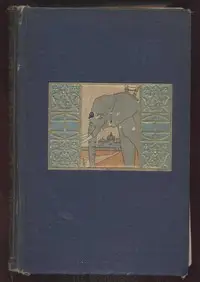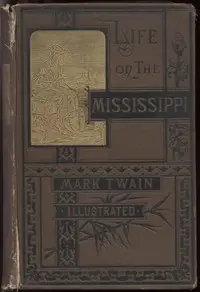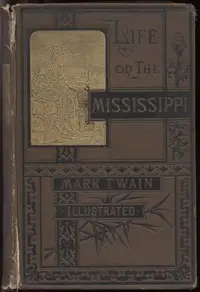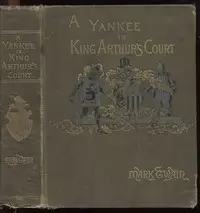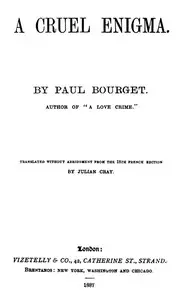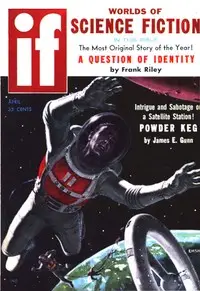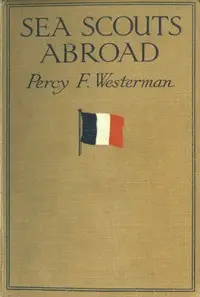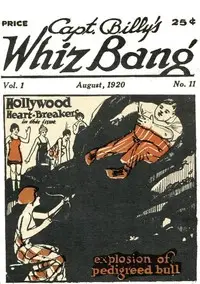"Eve's Diary, Part 3" by Mark Twain is a satirical piece that takes the form of a humorous monologue written in the early 20th century. This work is part of a broader commentary on human relationships and the nature of women as seen through the eyes of men. It combines elements of fiction and humor, aiming to provide insight into the dynamics of love, gender roles, and the human experience. In this installment, the narrative follows Adam as he reflects on his life with Eve, highlighting their contrasting personalities. While Eve is portrayed as an enthusiastic and adventurous spirit who finds joy in the world around her, Adam expresses a more pragmatic, often cynical perspective. Throughout the diary entries, he observes her fascination with nature and their attempts to coexist alongside various creatures, including a comical encounter with a brontosaurus. The text culminates in a poignant exploration of love as Adam grapples with his feelings for Eve, ultimately revealing his deep affection for her despite his frustrations. The narrative cleverly critiques societal expectations and the complexity of human emotion, offering a blend of humor and poignancy that invites readers to consider the depths of love and companionship. (This is an automatically generated summary.)
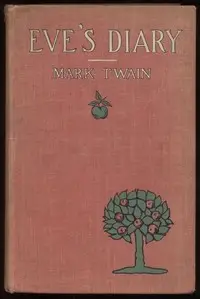
Eve's Diary, Part 3
By Mark Twain
"Eve's Diary, Part 3" by Mark Twain is a satirical piece that takes the form of a humorous monologue written in the early 20th century. This work is p...
Samuel Langhorne Clemens, known by the pen name Mark Twain, was an American writer, humorist, and essayist. He was praised as the "greatest humorist the United States has produced," with William Faulkner calling him "the father of American literature." Twain's novels include The Adventures of Tom Sawyer (1876) and its sequel, Adventures of Huckleberry Finn (1884), with the latter often called the "Great American Novel." He also wrote A Connecticut Yankee in King Arthur's Court (1889) and Pudd'nhead Wilson (1894) and cowrote The Gilded Age: A Tale of Today (1873) with Charles Dudley Warner.

